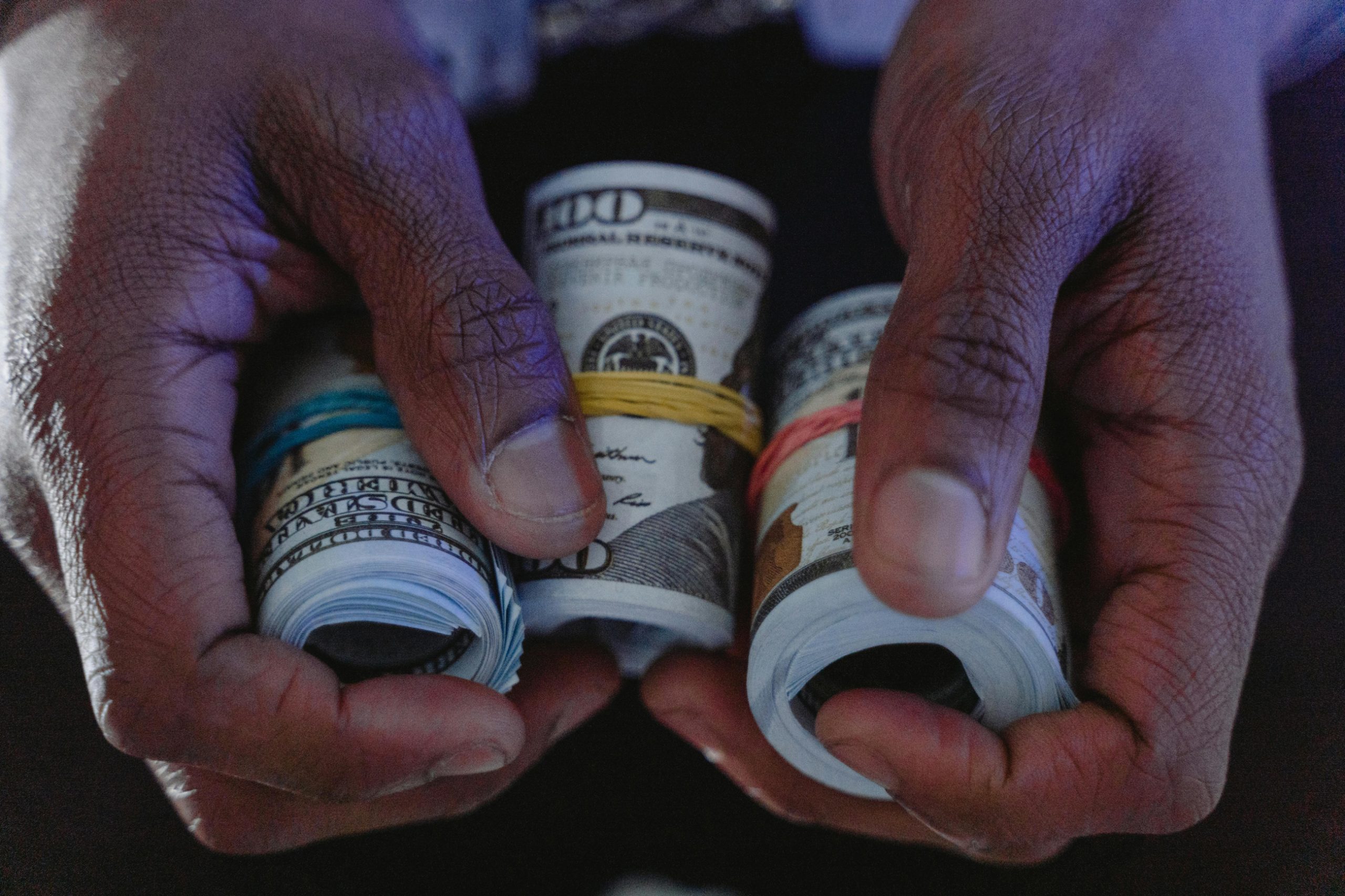
If Bad Events Happen, is Money a Ticket to Safety?
Few people will argue against achieving wealth. For those that take issue with wealth acquisition, there are perhaps moral reasons and concerns of self-corruption that one might rail against. Yet, prosperity can literally buy almost any tangible thing needed for comfort, safety, and protection. So if someone is self-disciplined and not (too) affected by “having money,” is it a bad thing?
That’s a question to be answered individually, that is, when times are normal.
When severe events happen and societal rules of conduct crash, wealth quickly becomes a double edged sword and can be a deadly liability.
Imagine a scenario where crime is out of control and ad hoc gangs are ravaging a neighborhood. Typically, they are disorganized, highly emotional, and reactive thugs, roaming and looking for targets. Often, there is no logic to who or what they choose to victimize. It may be the next convenient target or one triggered by a person’s unintentional action, emotion, appearance or location. Other times targets are intentional, by a known identity, group affiliation, or social status. It’s entirely possible that it’s a combination of factors.
One thing that often signals these groups is suspiciousness or envy of someone that has things (physical and emotional) that they don’t possess. Obvious physical triggers are easy to recognize: neighborhood, home, car, clothes, electronics, jewelry, etc. The sight of those things may be enough for a gang to turn its rage in the direction of the owner(s). The more that signs of physical wealth are flaunted or perceived that way, the greater the likelihood they are a trigger.
That’s one scenario, there are innumerous others.
Envision another instance where some type of event occurs like rioting, there are people at risk in the riot zone, and authorities are not intervening. (Recent college encampments and seizure of buildings is a very mild yet real example.) What if a family member was trapped in bigger, more serious situation and their family wants them rescued? An option is to find someone they can hire to get in and get them out. If that’s a legitimate security agency, their trustworthiness and willingness to do the job may not be a concern. But if the scenario were more severe, like there was widespread lawlessness, and the only “rescuer” that could be found was someone where no known background was available and they want a sizeable cash payment, is it a risk? Yes, they may well pose a risk, but in an unforeseen way.
That rescuer for hire may save the loved one, but knowing that the family “has money,” things may degrade to extortion for a bigger payout or some other kind of demand, for their loved one’s safe return.
Going a level deeper, what if something one day happens where your family has to flee. Can you buy your way to safety? Is it safe to try? Can you trust officials or police/military to give you safe passage, even for large sums of money or valuables? History across the centuries is chock full of examples where buying “safe passage” was a trap and the outcome was devastating.
To answer the question posed here, for readiness, overall, money is a great asset. If applied to up-front preparation against potential risks and bad outcomes, it can allow a family to be outfitted, trained, and protected against many potential future threats. However, if future-proofing opportunities are squandered and readiness is insufficient or effectively non-existent, wealth can turn into a liability. In other words: attempting to buy your way out of trouble may only lead to much more severe trouble. Sometimes leveraging money can work, but most often it’s a gamble and a strategy to keep in reserve as a very risky last resort.
When events happen, just the act of discussing paying for some form of “safety” with anyone, sometimes even people you know well, is a bad idea and goes against the first principle of readiness; which is not to tell others what you have. In dire circumstances, people change and can react in unexpected ways, whether they know you or not. Often the reaction is to want and take by any means, what you have. Money, food, vehicles, shelter, weapons, top the list.
The approach that runs counter to “advertising” one’s wealth is undertaking the “gray man” tactic. The metaphorical term “gray man,” refers to someone in a threatening environment, such as having to move through a hostile crowd, being unnoticeable because they blend in so well as if they are drab and gray and not calling attention to themselves the way a “red polka dot man” would.
For true family readiness, safety, and survival, that mentality and methodology needs to cover as many aspects of your family’s projected presence as possible. Projecting wealth is counter to that and absolutely something a gray man never does. Projecting and discussing wealth is always a danger, but in trying situations that call for readiness, it can be a grave mistake for all whom you love.
If you need help, our Initial Readiness Consultation Package can be your best launching pad to your highest state of readiness.
